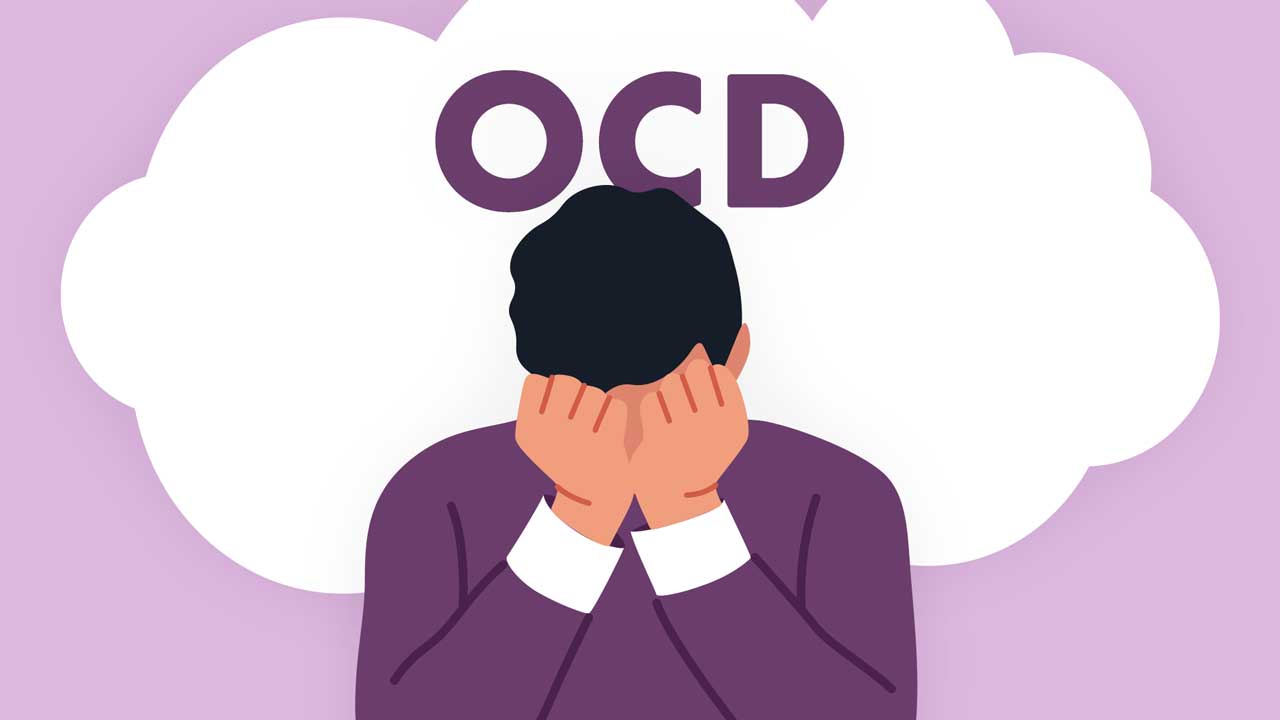Obsessive-Compulsive Disorder (OCD) is a mental health condition characterized by intrusive thoughts and repetitive behaviors that can significantly impair a person's daily functioning. Over the years, the treatment landscape for OCD has evolved, with a shift towards more effective and evidence-based behavioral therapies. This article explores the evolution of OCD behavioral therapies, highlighting the progress made in understanding and treating this complex disorder.
The Evolution of OCD Behavioral Therapies
Traditional Approaches
- Cognitive-Behavioral Therapy (CBT): CBT has long been considered the gold standard for treating OCD. It focuses on identifying and challenging negative thought patterns and replacing them with more adaptive beliefs. Exposure and Response Prevention (ERP) is a specific type of CBT that is particularly effective for OCD.
- Medication: In the past, medication, such as selective serotonin reuptake inhibitors (SSRIs), was commonly prescribed to manage OCD symptoms. While medication can be helpful for some individuals, it is often more effective when combined with therapy.
Advancements in Treatment
- Acceptance and Commitment Therapy (ACT): ACT is a newer form of therapy that focuses on acceptance of difficult thoughts and feelings, while also encouraging individuals to take action aligned with their values. ACT has shown promising results in treating OCD symptoms by helping individuals build psychological flexibility.
- Mindfulness-Based Therapies: Mindfulness-based therapies, such as Mindfulness-Based Cognitive Therapy (MBCT) and Mindfulness-Based Stress Reduction (MBSR), have gained popularity for their ability to help individuals cultivate present-moment awareness and non-judgmental acceptance. These practices can be particularly beneficial for individuals with OCD who struggle with intrusive thoughts.
Benefits of New Approaches
Individualized Treatment
- Modern OCD therapies emphasize the importance of individualized treatment plans tailored to each person's specific needs and symptom presentation.
- Therapists work collaboratively with clients to develop personalized goals and strategies for managing their OCD symptoms.
Focus on Resilience and Coping Skills
- Newer therapies aim to build resilience and coping skills that empower individuals to navigate challenges and setbacks in their recovery journey.
- Skills such as emotion regulation, distress tolerance, and mindfulness are integrated into treatment to help individuals develop healthier ways of coping with OCD symptoms.
Challenges and Future Directions
Access and Affordability
- One of the challenges in the field of OCD therapy is ensuring that evidence-based treatments are accessible and affordable for all individuals who need them.
- Efforts are being made to increase awareness of effective therapies and expand resources for individuals seeking treatment for OCD.
Integration of Technology
- With the rise of digital health platforms, there is a growing interest in how technology can enhance OCD therapy delivery and monitoring.
- Virtual therapy sessions, smartphone apps, and online support groups are among the innovative approaches being explored to make OCD treatment more accessible and convenient.
Conclusion
The evolution of OCD behavioral therapies reflects a growing understanding of the complexity of this disorder and the importance of individualized, evidence-based treatment approaches. By embracing change and incorporating newer therapies like ACT and mindfulness-based interventions, therapists can better support individuals in managing their OCD symptoms and improving their quality of life. Moving forward, continued research, advocacy, and innovation will be key in advancing the field of OCD therapy and ensuring that individuals have access to the most effective treatments available.

